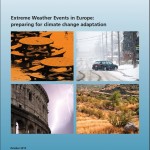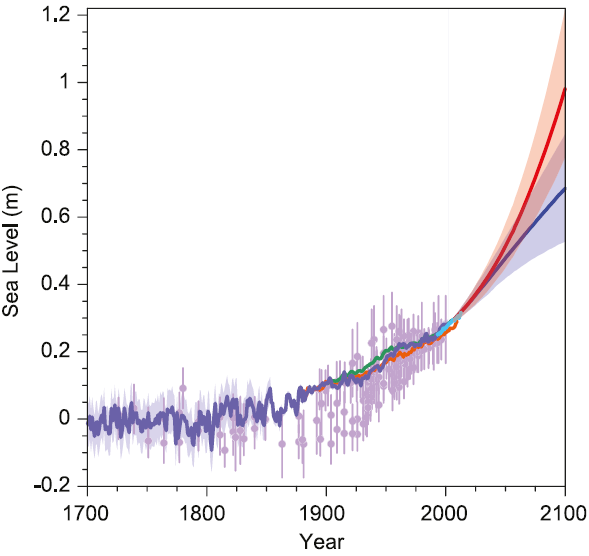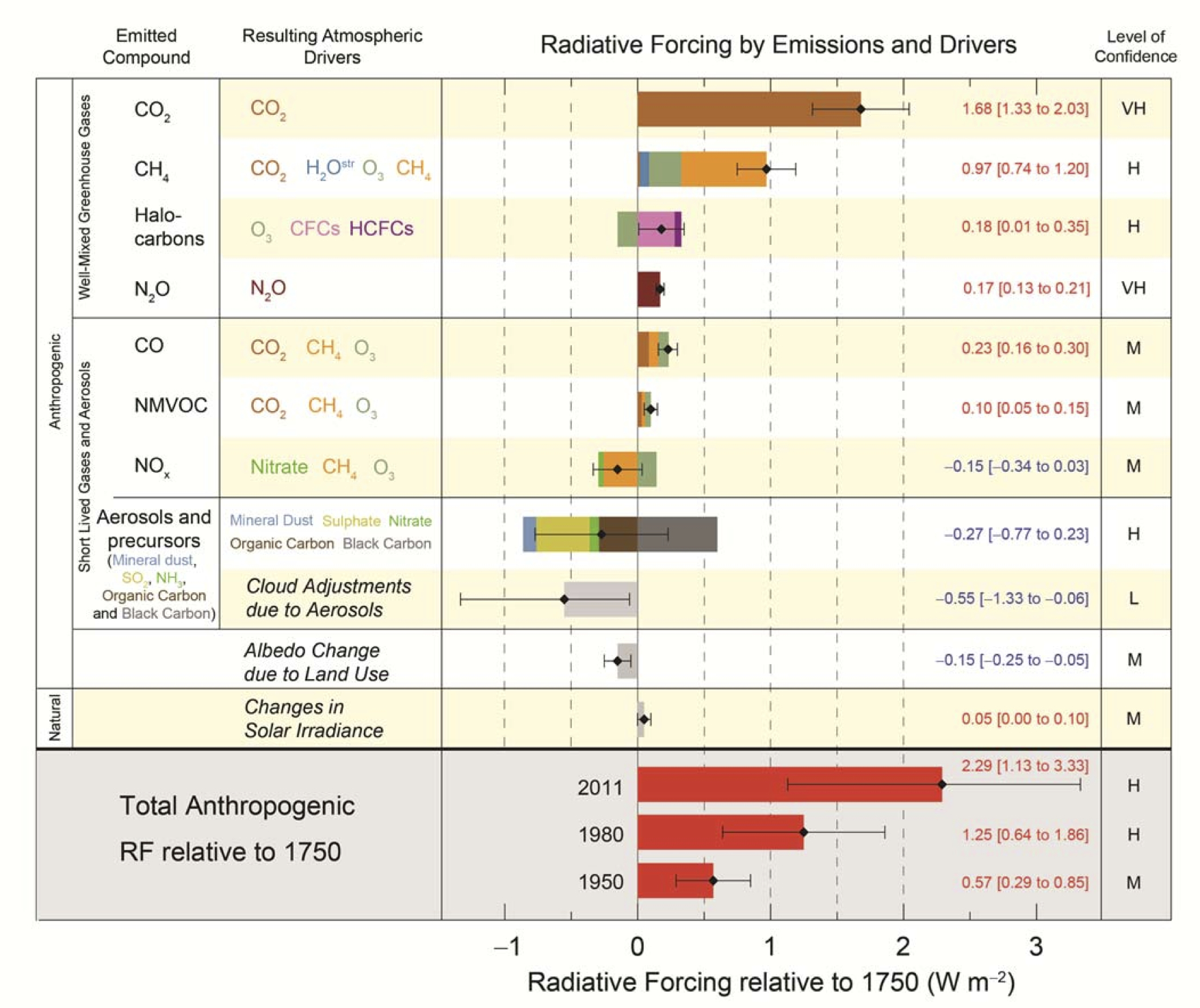Guest post by Jason West and David Briske
Allan Savory delivered a highly publicized talk at a “Technology, Entertainment, Design (TED)” conference in February of this year (2013) entitled “How to fight desertification and reverse climate change.” Here we address one of the most dramatic claims made – that a specialized grazing method alone can reverse the current trajectory of increasing atmospheric CO2 and climate change.
The talk was attended by many conferees and has since been viewed on the TED website over 1.6 million times. It has received substantial acclaim in social media, some of which is available at the Savory Institute website, but it has also received considerable criticism (of particular note is a blog post from Adam Merberg and an article in Slate magazine. Although these criticism quickly followed Mr. Savory’s presentation and are broadly supported by the available science, his sweeping claims have continued to resonate with lay audiences. An apparent example is his invitation to deliver a speech to Swiss Re during their 150 year anniversary celebration in London in September, in which he is quoted as saying “…only now due largely to my TED talk on the desertification aspect of the global problem, was the public becoming aware of such hope in a world so short on solutions…”.
[Read more…] about Cows, Carbon and the Anthropocene: Commentary on Savory TED Video



